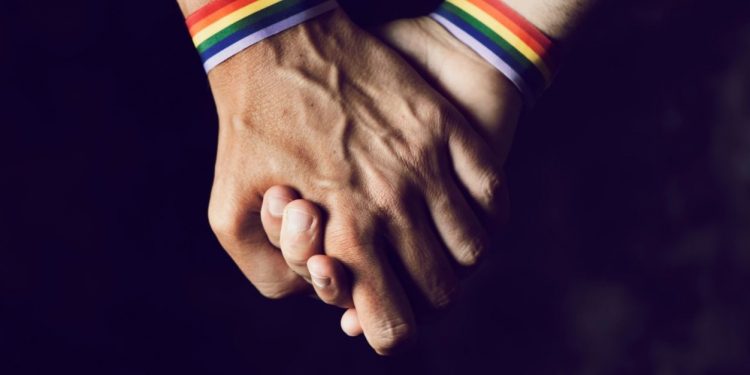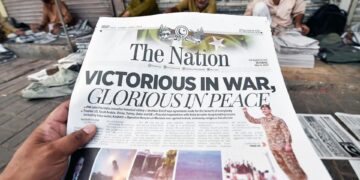Navigating the dating scene can be tricky, from managing expectations and conflicts to defining relationships and discovering what works best for oneself. Within the realm of romance, however, relationships in the queer community have been less talked about, even as they hold different norms and challenges to heterosexual unions. TheHomeGround Asia sat down with individuals within the LGBTQ+ community to find out about the unique experiences they encounter when it comes to dating and relationships.
Modern dating has evolved since the launch of the Singapore Dating Network programme, which was first established as the Social Development Unit in 1984 to create more opportunities for social interaction among singles in Singapore.
The last decade saw dating applications such as Tinder, Bumble, Grindr, and Coffee Meets Bagel revolutionising the art of dating in a swipe, allowing individuals to meet on their own terms. Bumble, for instance, enables female users to make the first move in the dating process. The widening options to find love and romance have also seen the rise of more controversial sites such as SeekingArrangement, which connects younger users, known as ‘sugar babies’, with wealthy, older users, who are referred to as ‘sugar daddies’ and ‘sugar mummies’.
But how is dating different for those in the LGBTQ+ community, and what are some of the unique challenges and fears that they face?
Societal gender-based stereotypes
Preconceived notions of gender roles are one common stereotype of queer relationships, especially with many assuming that there must be male and female roles within the relationship.
Kennede Sng, 24, host and member of the iconic trio The SG Boys, a podcast that sheds light on key issues within the LGBT community, says that he has received questions on gender roles in his relationships.
“I’ve been in situations where I introduce my relationship to some people, and then they will ask things like, ‘Oh, who’s the female in the relationship? Who’s the male?’,” he explains.
Identifying as transgender male 25-year-old Dave (not his real name) notes that this same stereotype exists in lesbian relationships. Based on personal experience, he describes the idea of ‘butch’ (a female person who may be perceived to present masculine traits) and ‘femme’ (associated with the presentation of feminine traits) personas.
But he adds, “The reality is very different, and there are different combinations. Most people do not fit into the butch and femme stereotypes.”
Within the queer community itself, stereotypes include the ‘camp van’ convention for lesbian relationships, which suggests that a lesbian couple who connects well would “tend to move in together very quickly”, explains Dave.
“If a lesbian couple fits together, they will move out of each other’s houses, go live in a camping van in the middle of the forest together. [They are] that in love, and they click that well… I do see it in Singapore. They tend to move [in] together very quickly.”
He suggests that this could be due to the differences in how women are socialised compared to men: “With women, there is a larger emotional capacity… Because of [this], there is a faster potential for deep bonds.”
“[There is also] the shared experience of women… From monthly things like periods, to work discrimination, [and] family obligations, especially when you’re pressured to… take care of your family… There’s a very strong desire to escape that. When you don’t fit into the perfect, stereotypical cishet (cisgender and heterosexual) mould,” Dave adds.
Male queer relationships have their fair share of stereotypes as well, notes 39-year-old Chuanwei, such as who performs the roles of ‘tops’ and ‘bottoms’ in a relationship.
“So the top is usually the active and older one. And usually is expected to provide more [financially than] the bottom, who’s usually a bit more xiao mei mei (small sister in Mandarin) or xiao di di (small brother in Mandarin),” he says.
Persistent misconceptions
Founder of photography and videography studio Treehouse Weddings Jach Chua, 28, says that common misconceptions for queer relationships include the notion that they are going through a phase: “Basically, your relationship is deemed as less [serious] than [a heteronormative one],” she says.
“[There’s also] an assumption that same sex relationships are all polyamorous… that [it’s] rare that they’re really committed to each other in that sense.”
But not being in a heterosexual relationship also means not having to adhere to strict and normative gender roles set out by society: “You understand that whatever it is that’s required [of] you from society [is not] something [you have] to bring into [the] relationship,” asserts Ms Chua.
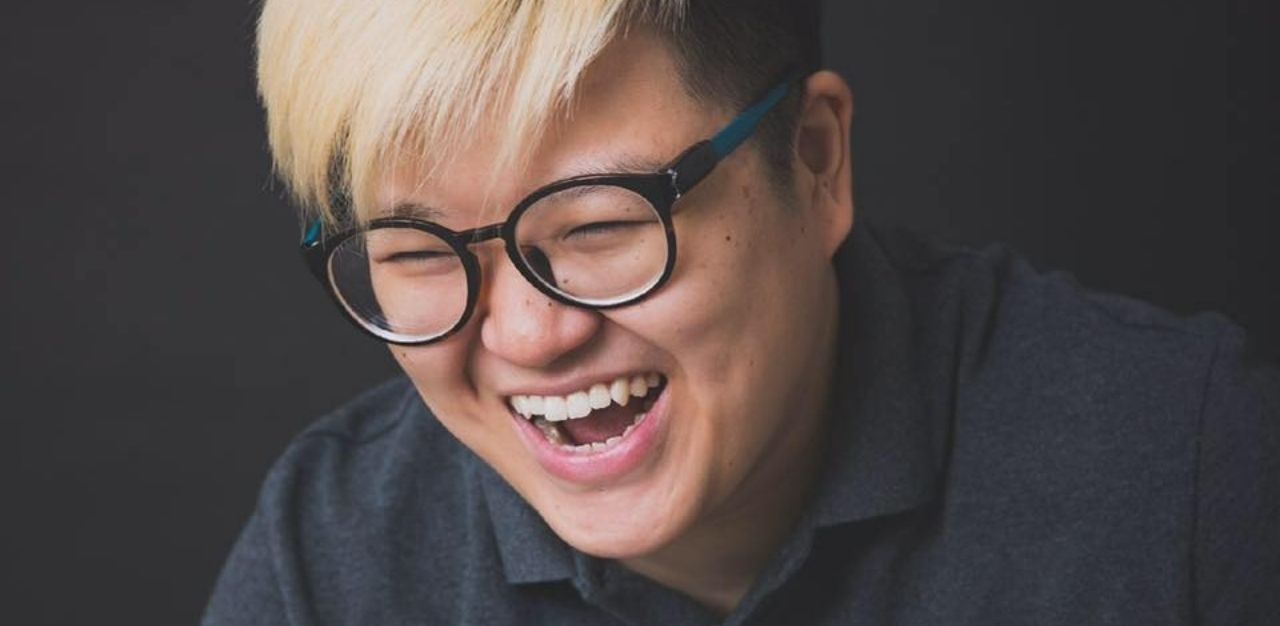
Upholding family values is also a hurdle that those in the queer community face.
“Another misconception is that homosexual relationships are an improper representation of the social contract, [of what a] family should be,” explains Ms Chua. “Like if you have a child, and you’re the same gender as your partner, that’s not [setting] a good example. [Or that] you can’t be [a] good parent.”
The portrayal of queer relationships in the media may be a contributing factor to such misconceptions. And Mr Sng suggests that this could be due to the lack of positive portrayals of LGBT relationships in mainstream content.
“Sometimes people who don’t know LGBT people personally can make a mistake of reducing the idea of a LGBT relationship into various centralising characteristics… And I think that can contribute to misconceptions,” he says.
Finding love and romance as a transgender person
Dating presents a different set of challenges for the transgender community in Singapore. For instance, it could be tough to introduce a transgender partner to family members, who may not be open or understanding towards the transgender community.
“Introducing [your partner] to the family does come with all the standard Chinese New Year questions. ‘When you’re going to get married, have kids?’,” shares Dave. “If you date a trans person, you can’t answer any of that. It all depends on when the surgery is, [or] if the person even wants surgery in the first place… People are scared to learn how to explain what a transgender person is to their families.”
Those in the community also have issues finding a partner.
“There’s this fear that [potential partners] cannot go through all these checkpoints in life, [like getting] married, a BTO [Build-to-Order flat], kids, because that person is [perceived to be] biologically, legally incapable of doing so,” he shares. “There’s that reluctance to get together with a trans person because they think, okay, all these avenues are closed off to me.”
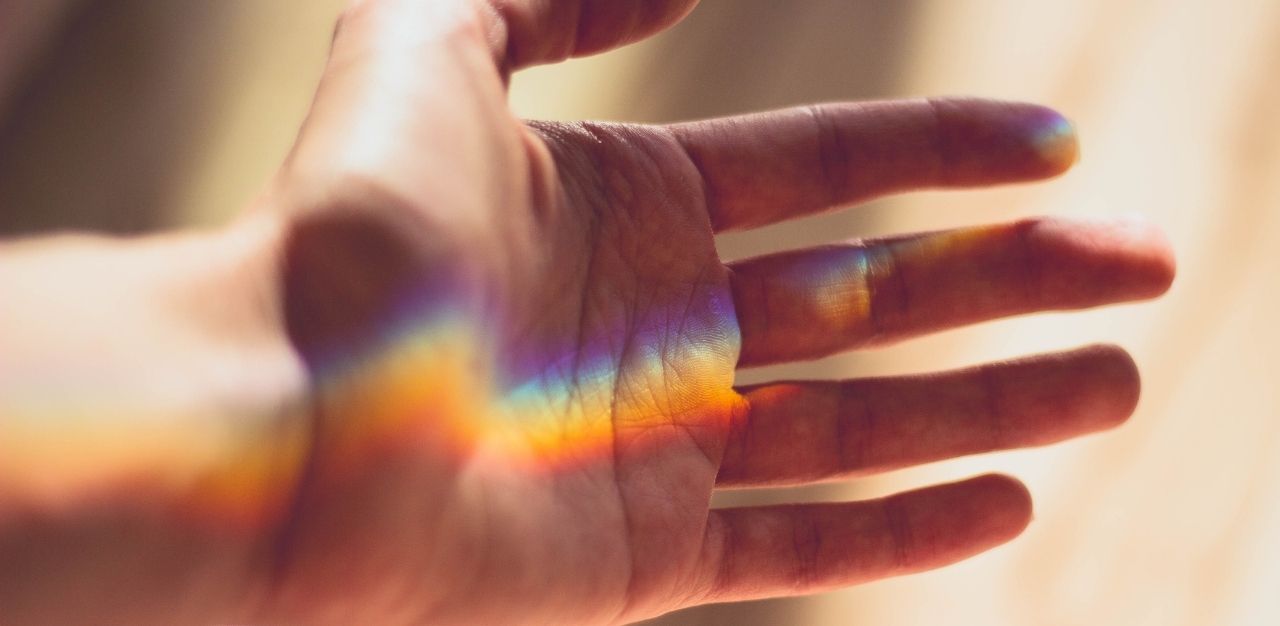
Forming relationships in the male queer community
When it comes to relationships, Chuanwei notes that many individuals in the male queer community are often unable to find partners, due to a culture of not wanting to “settle for less”.
“For guys, it’s all about visual [appeal]… like [a guy who perceives himself to be [a] seven [will] go for [a] guy that’s better looking because [he] thinks, ‘I deserve better’,” he elaborates.
“And you see so many of us who are outstanding. Good looking. Good career. You will think these guys are probably all attached, [but] they’re all single because they cannot find the person who they want to be with,” he explains, adding that this often leads to disillusionment among the male queer community.
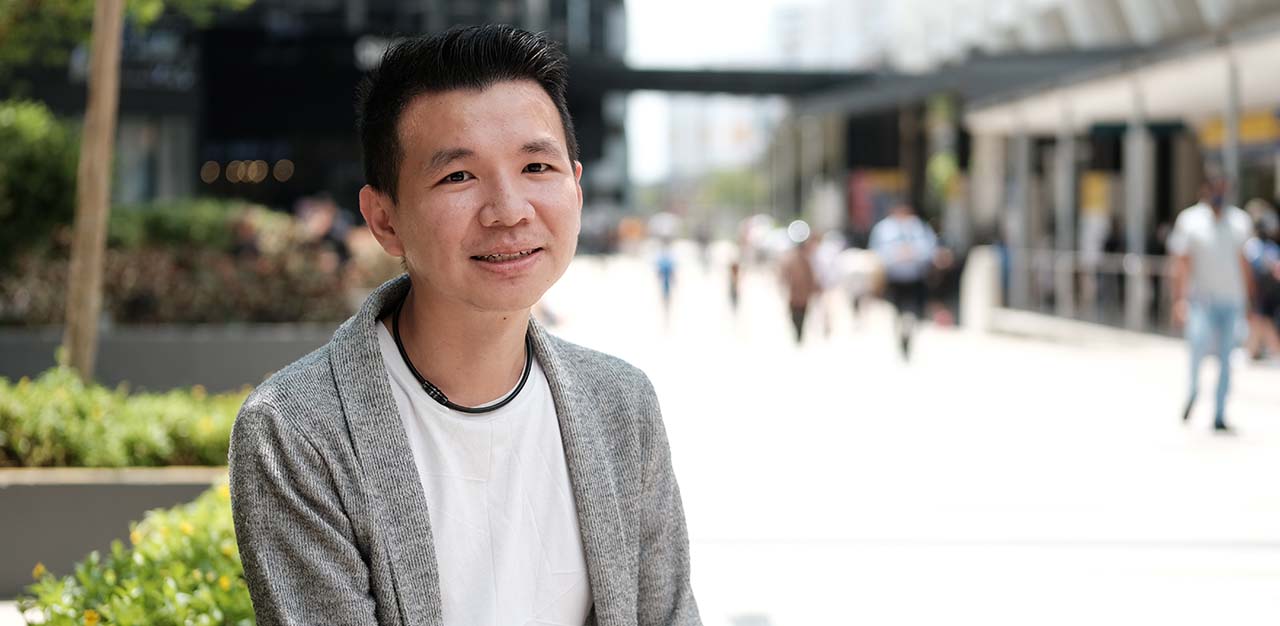
Loneliness is another deep-rooted issue: “Of course some of them become comfortable with the fact that it’s okay being alone… But when illness strikes, [or] when you have a bad day at work, you go home, there’s no one there… to take care of you, or cry to,” says Chuanwei. “It haunts you throughout your single [years]. It’s a very recurrent issue in our community.”
Use of smartphone applications is “one of the only avenues” to seek companionship, says Mr Sng, especially for those who are not extroverted: “I think it’s not wise or safe to be hitting up people or [having] those kinds of moments where you slide someone your number… because it’s not really something that’s accepted.”
Chuanwei acknowledges that the rise of dating applications has made it easier to meet potential partners. But he notes that the increase in opportunities to fulfil one’s physical needs has led to a culture of showing less care than one’s partner, as a way to avoid being too emotionally invested.

Plans for the future
DJ, singer-songwriter and host of The SG Boys Joshua Simon, 31, explains that those in queer relationships in Singapore do not follow the conventional route that heteronormative relationships are expected to.
“What we do for ourselves is to create our own rules… our own relationship template and expectations that work for us,” says Mr Simon. “All of us are figuring things out as we go along.”
And there has been a shift in consciousness, he adds, where people have started to embrace their own thoughts and are asking, ‘How do I feel?’, ‘What do I identify with?’, ‘What is the relationship I want to be in?’, ‘What do I want in my partner?’ and ‘What can I give my partner?’
And what are his answers to these questions?
“I want someone to help make my life easier. I want to enrich another person’s life. And I want to experience things in real time, with someone by my side. That’s it,” he says.
Mr Simon shares a line from Hush, a song he wrote a couple of years ago: “In the chorus, I say, ‘I’ll hold your hand in the car instead, because your mum’s looking from the corner.’ That’s inspired from real-life experiences I’ve had through the years, where you want to hold your partner’s hand or you want to hug that person on the train because everyone does that, expresses themselves freely – but you can’t.
“Personally, I went to what I feel I want in a relationship… a companion. You want someone to experience your life with,” he says. “I had a really great date last night and all we did was sit in the car and listen to music.”
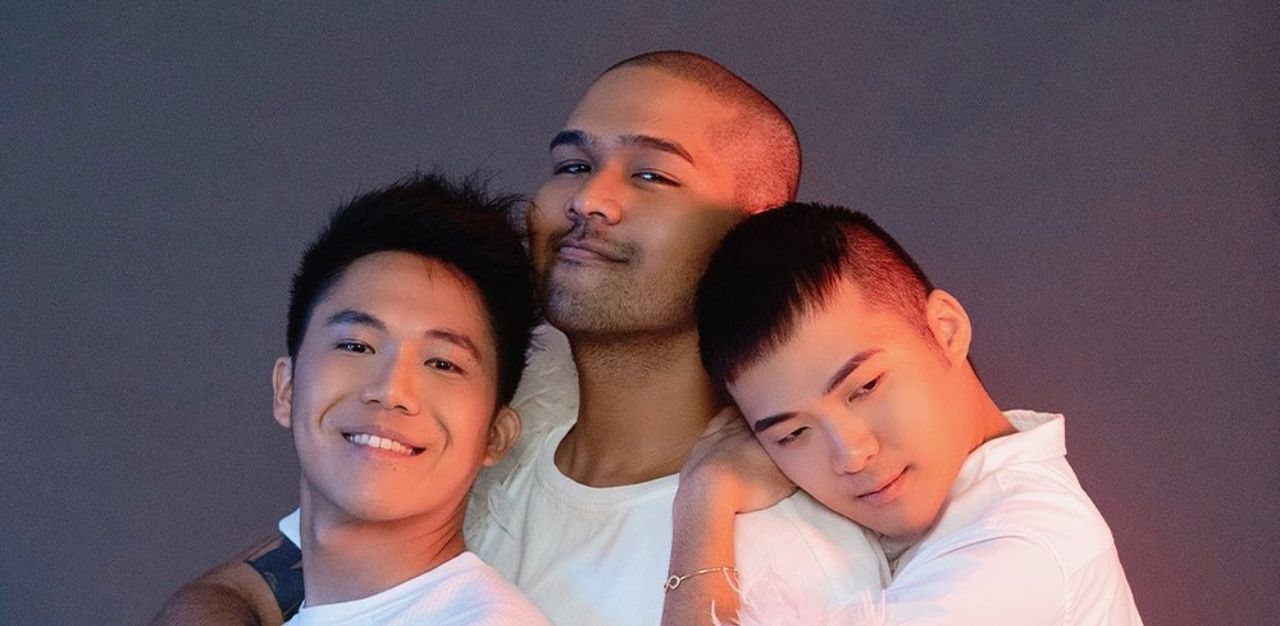
Creating safe spaces
Ms Chua believes that queer relationships involve an “added level of understanding and empathy”, as the queer community is “already so suppressed”.
“In a sense, you’re not able to be yourself. So, within your relationship you want to create a safe space where you can be yourself, and likewise your partner can also be themselves… You want [it] to be as organic as possible,” she says.
Finding places where one can be open on a date is difficult too, shares Mr Sng: “It‘s not always the case where you have a safe space to be expressive about sexuality, love, [or] your relationship, especially for LGBT people. Because you either get gawks or strangers telling you that this is not right.”
He adds that dating as a queer person in Singapore comes with a sense of being watched, like “a controlling parent is following you wherever you go”, which he says puts a “strain on forming relationships.”
“Sometimes when I want to seek companionship, or get intimate with someone… it’s like, ‘No, we don’t have a place to go. I can’t bring you home, [because] I’m not ‘out’. And you can’t bring me home [for the same reason].’ And then [the connection] just kind of dissipates,” he laments.
Lacking the space to feel safe and having to “constantly look behind you” feels intrusive, adds Mr Simon, and can dampen the process of dating.
“It’s balancing the excitement of meeting someone special that you’re attracted to, but also ensuring that you’re safe, that you can protect yourself and the person that you’re with.
“It’s creating an environment for each other where we can flourish, build on trust and take these leaps of faith together, which is a brave step not everyone is ready to do.
“It’s tough,” he says.
Join the conversations on TheHomeGround Asia’s Facebook and Instagram, and get the latest updates via Telegram.



